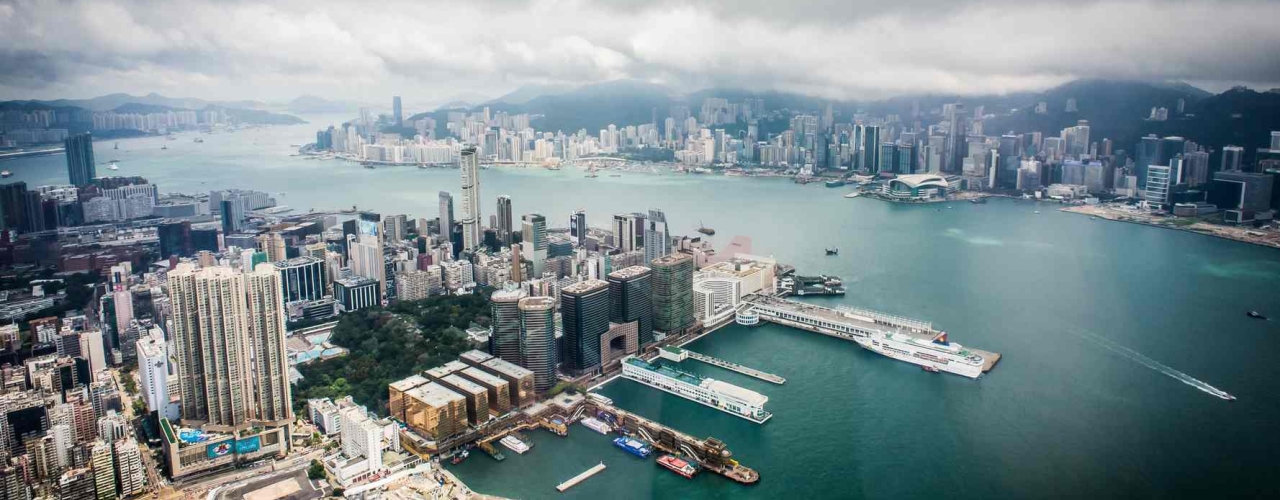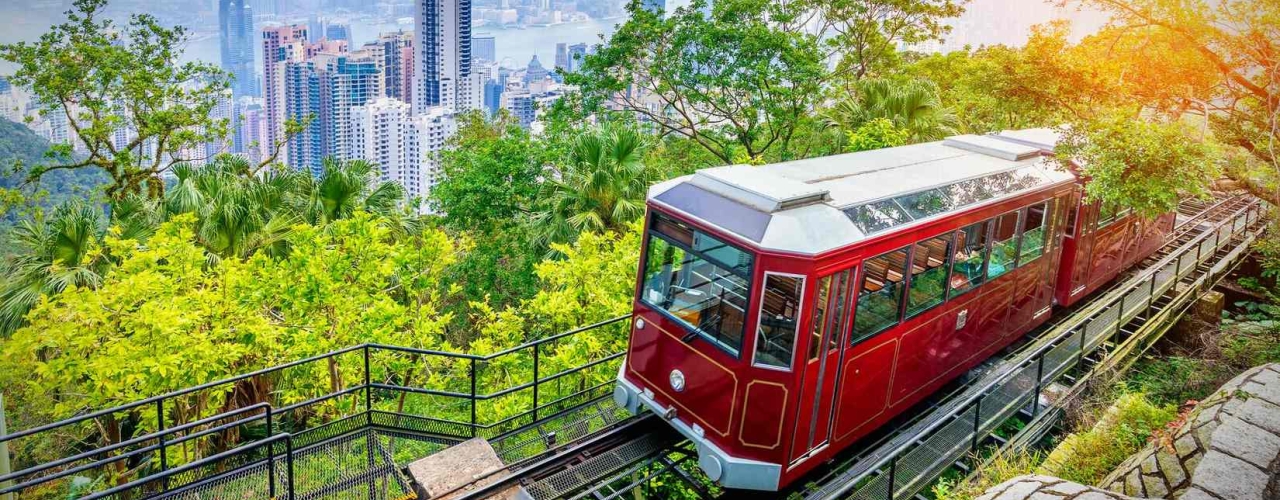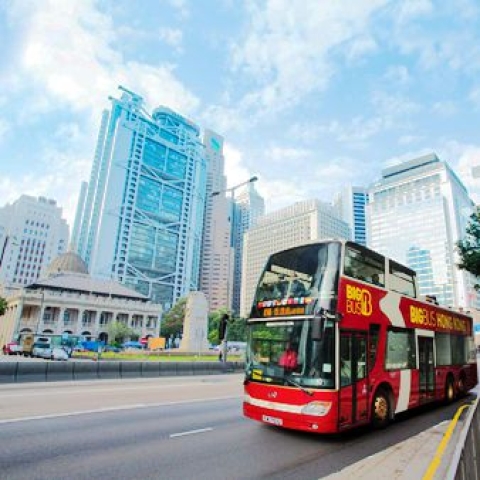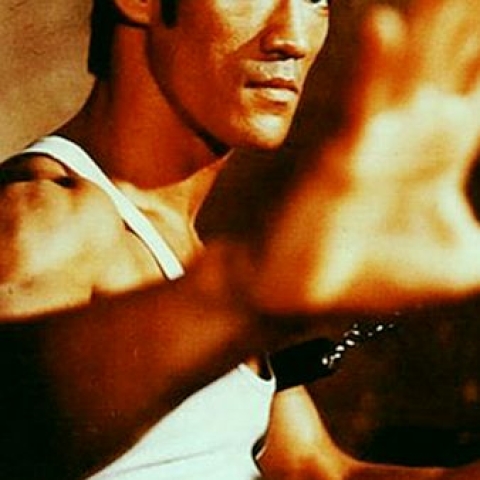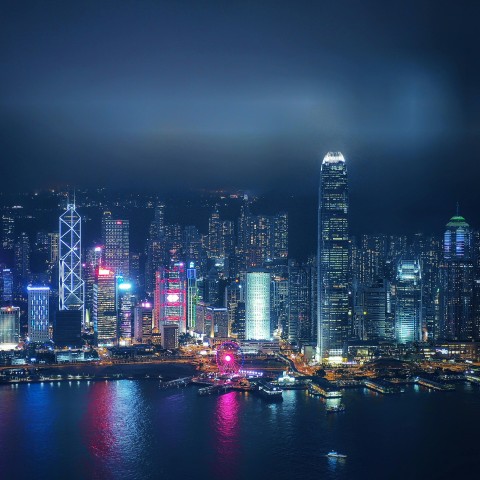Through the 18th century, China successfully remained a closed society because there was essentially nothing foreigners had that she wanted. Then came opium grown in India and Persia. Carried by British East India Company ships and American clipper ships, this insidious drug worked its way into the fabric of Chinese society. Then as now, lush profits from drug smuggling led to corruption of the civil authorities. When the imperial government decided the opium trade must come to an end, British armed frigates convinced them otherwise. At the conclusion of the first Opium War (1839-1841), China ceded Hong Kong Island to Britain “in perpetuity” along with other trade concessions.
In 1899 the European powers forced Japan to give up some of the territory taken from China in the 1895 Sino-Japanese war. They then rushed in to take a host of concessions and leaseholds for themselves. At this time, Hong Kong’s territory was vastly extended through a 99-year lease of 350 square miles comprising the New Territories in Kowloon and including 233 islands.
The economic strength of the British Crown Colony of Hong Kong lurched forward, spurred by the incessant wars and instability of China. In 1899, the British Empire dominated the globe while China was in complete disarray. At that time, the 99-year lease on Hong Kong must have seemed a mere formality. However, with today’s international morality and China’s emergence as a powerful, assertive nation, it became obvious that the Crown Colony of Hong Kong would indeed be returned to China. Following the creation of a Hong Kong Special Administrative Region of the People’s Republic of China, Hong Kong was returned to China on July 1, 1997. Hong Kong retained the status of a free port and continues a free trade policy, including the free movement of goods and capital. While retaining absolute territorial control over the whole of Hong Kong, China is allowing a broad base of current economic and social regulations and practices during a 50-year transition period.
Hong Kong is one of the great cities of the world. The world’s largest exporter of radios, watches, garments, and toys is also the financial capital of Asia, and a major international banking center. Visitors see Hong Kong as a gleaming, well-organized city that offers the among the most efficient tourism and transportation systems in Asia.


